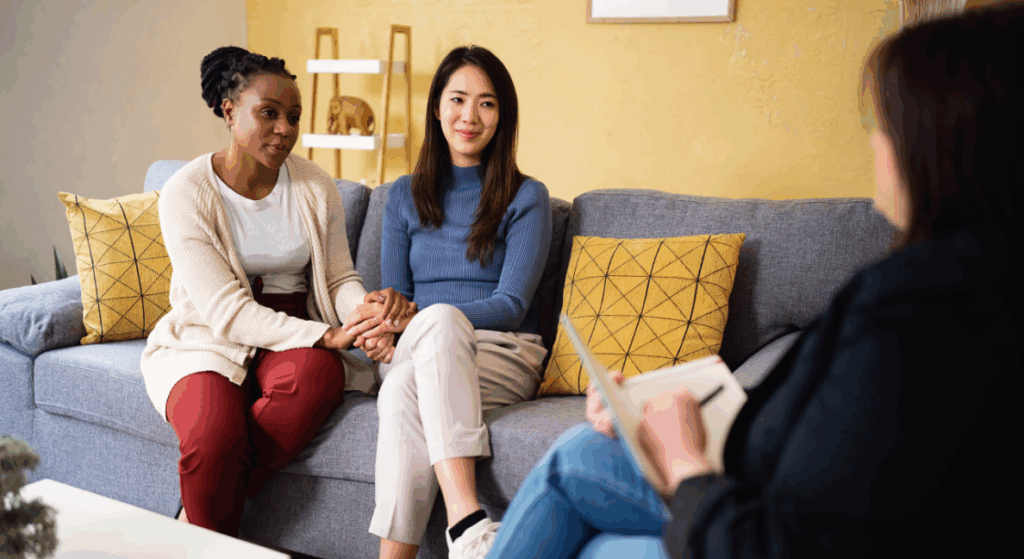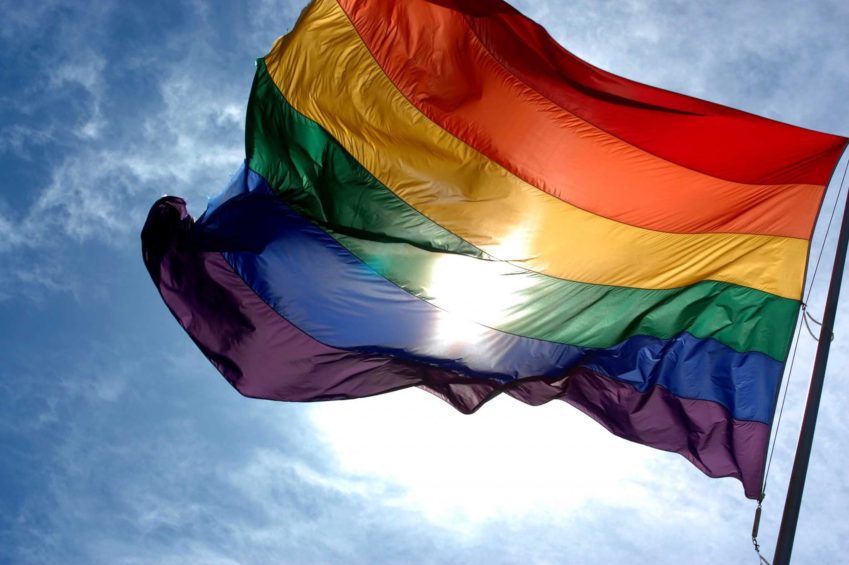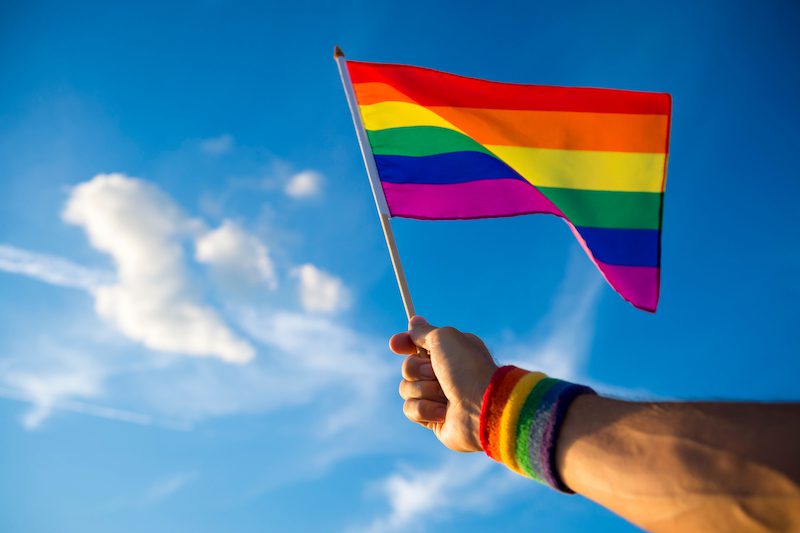
LGBTQ Relationship Therapy | 7 Signs Your mIght Benefit
7 Key Signs You Might Benefit from LGBTQ+ Relationship Therapy
LGBTQ Same Sex Counseling for Couples
7 Key Signs You Might Benefit from LGBTQ+ Relationship Therapy

Relationships, regardless of their nature, require work, understanding, and communication. For LGBTQ+ couples, unique challenges and pressures can arise, making it essential to have the right support and resources. This is where LGBTQ+ relationship therapy and gay marriage counseling comes in. Understanding when to seek help can make all the difference in building a strong, healthy, and fulfilling relationship.
In this post, we will explore seven signs that indicate you might benefit from LGBTQ+ relationship therapy. These signs are not only relevant but can be pivotal in helping you decide when it’s time to reach out for professional support.
Sign 1: Persistent Communication Issues
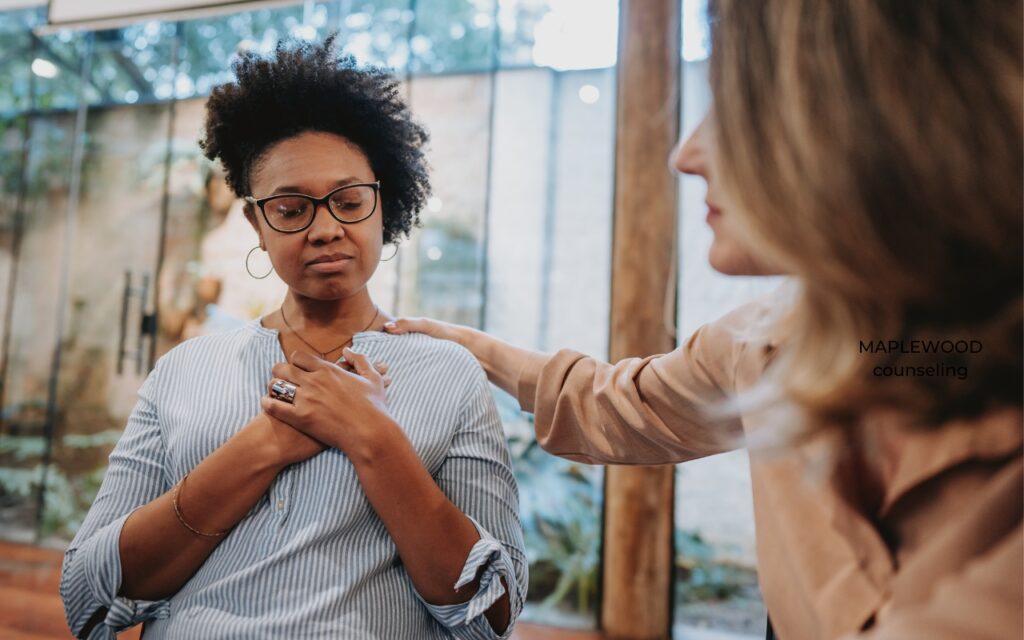
Effective communication is the backbone of any successful relationship. When couples struggle to communicate their feelings, needs, and concerns, it can lead to misunderstandings and resentment. For LGBTQ+ couples, communication breakdowns can stem from dealing with societal pressures or internalized homophobia.
The Impact of Poor Communication
Poor communication can result in frequent arguments, feelings of isolation, and emotional distance. Over time, these issues can erode trust and intimacy, making it difficult to resolve conflicts amicably.
Tips for Improving Communication
- Active Listening: Pay attention to your partner without interrupting. Show empathy and validate their feelings.
- Use “I” Statements: Share your emotions without implicating your companion. For instance, opt for statements such as, “I feel ignored when we don’t share moments together,” rather than claiming, “You never dedicate time for me.”
- Schedule Regular Check-ins: Set aside time to discuss your relationship, share your thoughts, and address any concerns.
Sign 2: Frequent Arguments over Identity or Lifestyle
LGBTQ+ individuals often face unique challenges related to their identity and lifestyle. Disagreements about how to express these identities can cause friction in relationships.
Challenges Faced
Differences in how partners want to present their sexual orientation or gender identity can lead to conflicts. One partner might be more open about their identity, while the other prefers to keep it private.
Strategies for Navigating Disagreements
- Respect Each Other’s Boundaries: Understand and respect your partner’s comfort levels with public displays of affection or discussing your relationship with others.
- Find Common Ground: Identify areas where you both feel comfortable and build on those.
- Seek Support: Join LGBTQ+ support groups where you can share experiences and learn from others facing similar challenges.
Sign 3: Difficulty in Navigating Open or Polyamorous Relationships
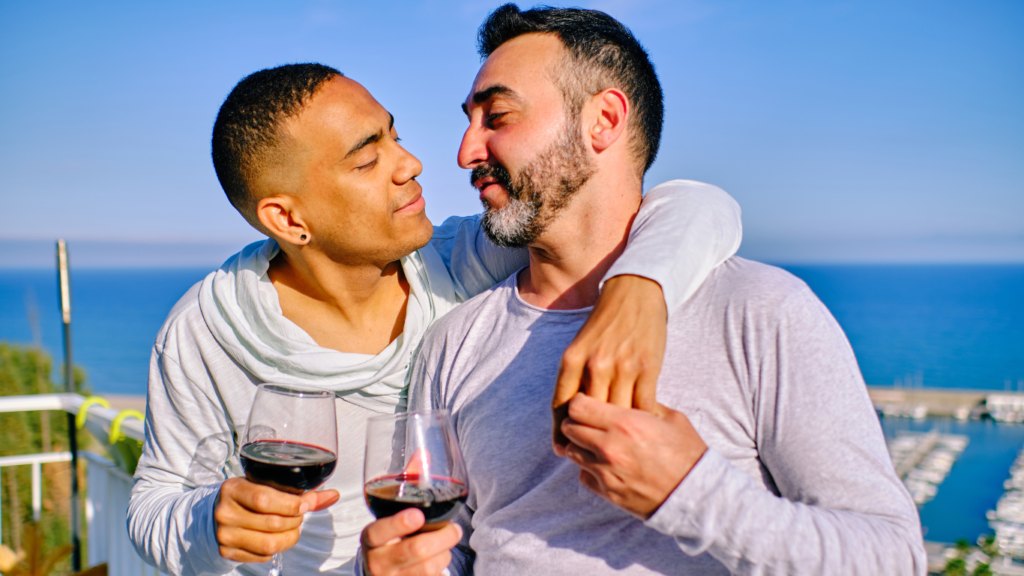
Open or polyamorous relationships are more common in the LGBTQ+ community, but they come with their own set of complexities. Managing multiple relationships requires clear communication, trust, and boundaries.
The Complexities
Balancing the needs and expectations of multiple partners can be challenging. Jealousy, time management, and emotional labor are common issues that arise.
Advice for Setting Healthy Boundaries
- Establish Clear Agreements: Discuss and agree on what is and isn’t acceptable in your relationships.
- Communicate Openly: Regularly check in with all partners to ensure everyone is on the same page.
- Seek Professional Guidance: A therapist experienced in non-monogamous relationships can provide valuable insights and strategies.
Sign 4: Struggles with Coming Out or Family Acceptance
Coming out and seeking acceptance from family members can be a daunting process. These struggles can impact your relationship, causing stress and emotional turmoil.
The Impact of Family Dynamics
Rejection or lack of support from family can lead to feelings of isolation and depression. These emotions can strain your relationship, making it difficult to maintain a positive connection with your partner.
Resources for Support
- Family Therapy: Engaging in family therapy can help mediate discussions and foster understanding among family members.
- Support Groups: Join LGBTQ+ support groups that offer a safe space to share your experiences and gain advice.
- Counseling Services: Seek individual or couples counseling to work through the emotional challenges of coming out.
Sign 5: Intimacy Issues
Intimacy is a crucial aspect of any relationship. LGBTQ+ couples might face specific challenges related to intimacy, such as dealing with societal stigma or internalized homophobia.
Challenges in LGBTQ+ Relationships
Factors such as past trauma, discrimination, or fear of judgment can impact intimacy. These issues can lead to a lack of physical and emotional closeness.
Suggestions for Rekindling Intimacy
- Build Trust: Establish a foundation of trust by being open and honest with each other.
- Prioritize Quality Time: Spend time together engaging in activities that you both enjoy.
- Explore Together: Be open to exploring new ways to connect physically and emotionally.
Sign 6: Mental Health Concerns
Mental health plays a significant role in the well-being of a relationship. LGBTQ+ individuals are at a higher risk of experiencing mental health issues due to societal pressures and discrimination.
Mental Health Resources in the LGBTQ+ Community
The Intersection of Mental Health and Relationships
Depression, anxiety, and other mental health concerns can affect communication, intimacy, and overall relationship satisfaction. It’s important to address these issues to maintain a healthy relationship.
Guidance on Seeking Professional Help
- Therapy: Individual or couples therapy can provide a safe space to address mental health concerns.
- Support Networks: Build a support network of friends, family, and community members who understand and support your experiences.
- Self-Care: Prioritize self-care activities that promote mental well-being.
Sign 7: Feeling Stuck or Unfulfilled
Feeling stuck or unfulfilled in a relationship can be a sign that you need outside help to grow. These feelings can stem from unresolved issues, lack of communication, or unmet needs.
Recognizing the Need for Help
It’s important to recognize when your relationship is no longer fulfilling. Ignoring these feelings can lead to resentment and further issues down the line.
Steps to Finding the Right Therapist
- Research: Look for therapists who specialize in LGBTQ+ relationship therapy.
- Ask for Recommendations: Seek recommendations from friends, support groups, or online directories.
- Initial Consultation: Schedule an initial consultation to ensure the therapist is a good fit for both you and your partner.
Conclusion
Recognizing the signs that you might benefit from LGBTQ+ relationship therapy is the first step towards building a stronger, healthier relationship. Communication issues, identity conflicts, and mental health concerns are all valid reasons to seek professional support.
If any of these signs resonate with you, don’t hesitate to seek help. Working with an experienced therapist can provide valuable insights and strategies to improve your relationship.
Remember, you’re not alone in this journey. There are resources and communities available to support you every step of the way. Seeking therapy is a sign of strength and a commitment to your relationship’s well-being.
LGBTQ+ relationship therapist. Your relationship deserves the best care and attention, and professional guidance can make all the difference.
Need a LGBTQ+ relationship therapist? Get in touch – we can help.
LGBTQ Therapist for Same Sex Couples & Gay Marriage Counseling



